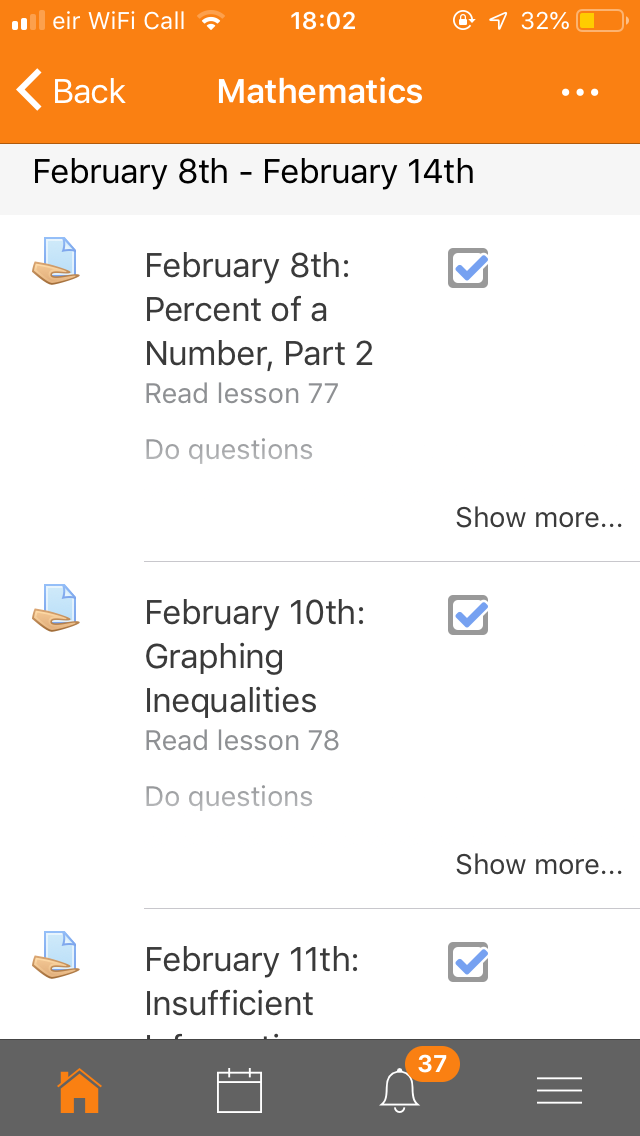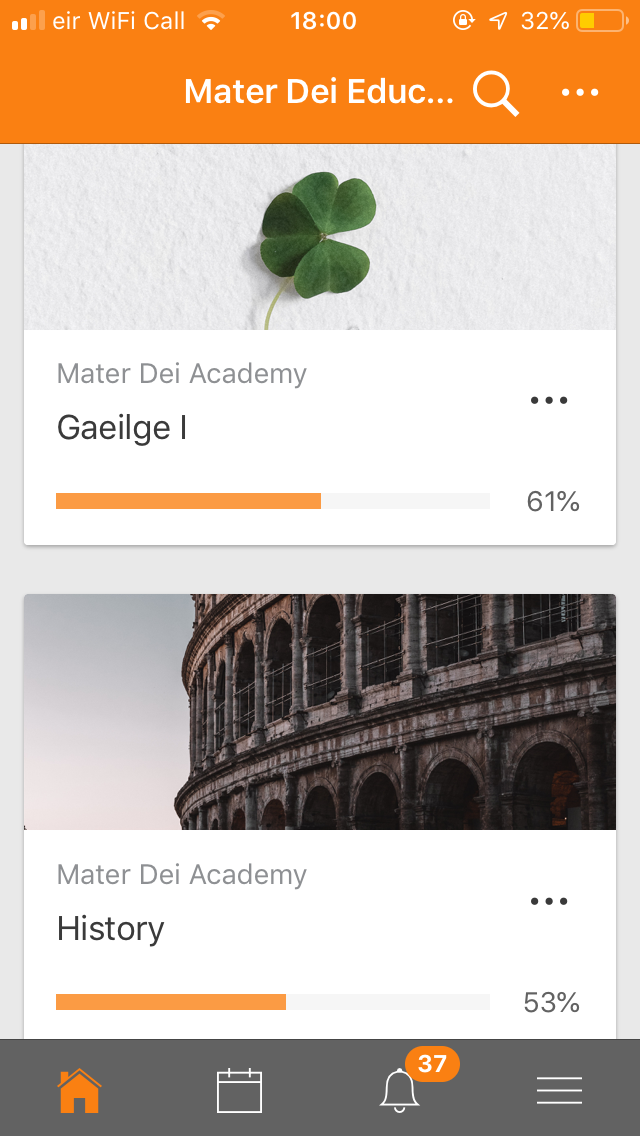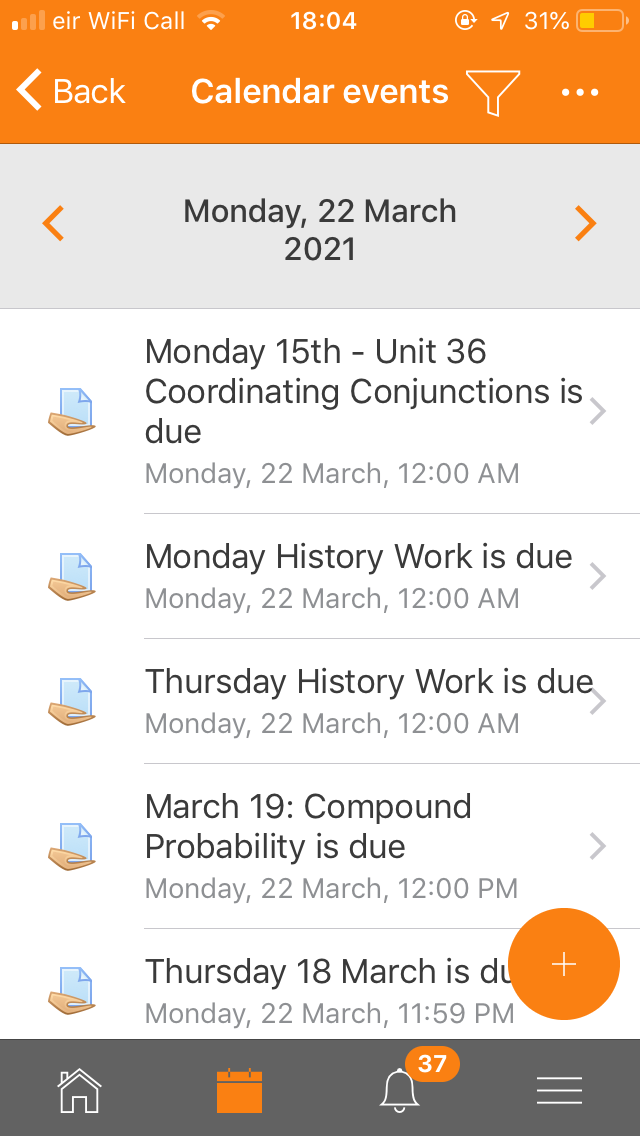The Grammar Stage is the first stage of the Trivium. During the early years, children naturally love learning by heart. Classical education capitalises on this intuition. Children learn the basis of mathematics through maths facts, while the foundations of English and Irish language are learned through poetry, songs and simple rudiments of grammar.

Religion
Mater Dei Education helps your students and yourself grow in the cardinal virtues of faith, love, and charity. The reading of the Word of God and the Lives of Saints is part of the weekly curriculum.
Memorisation
In the grammar stage of learning, the students learn to memorise. Memorisation lays the foundation for the Logic and Rhetoric Stages of learning. The children memorise answers to their catechism questions, Irish and English grammar rules, and math facts. The recitation of nursery rhymes, and English and Irish poems teaches self-confidence, new vocabulary, and proper sentence syntax.
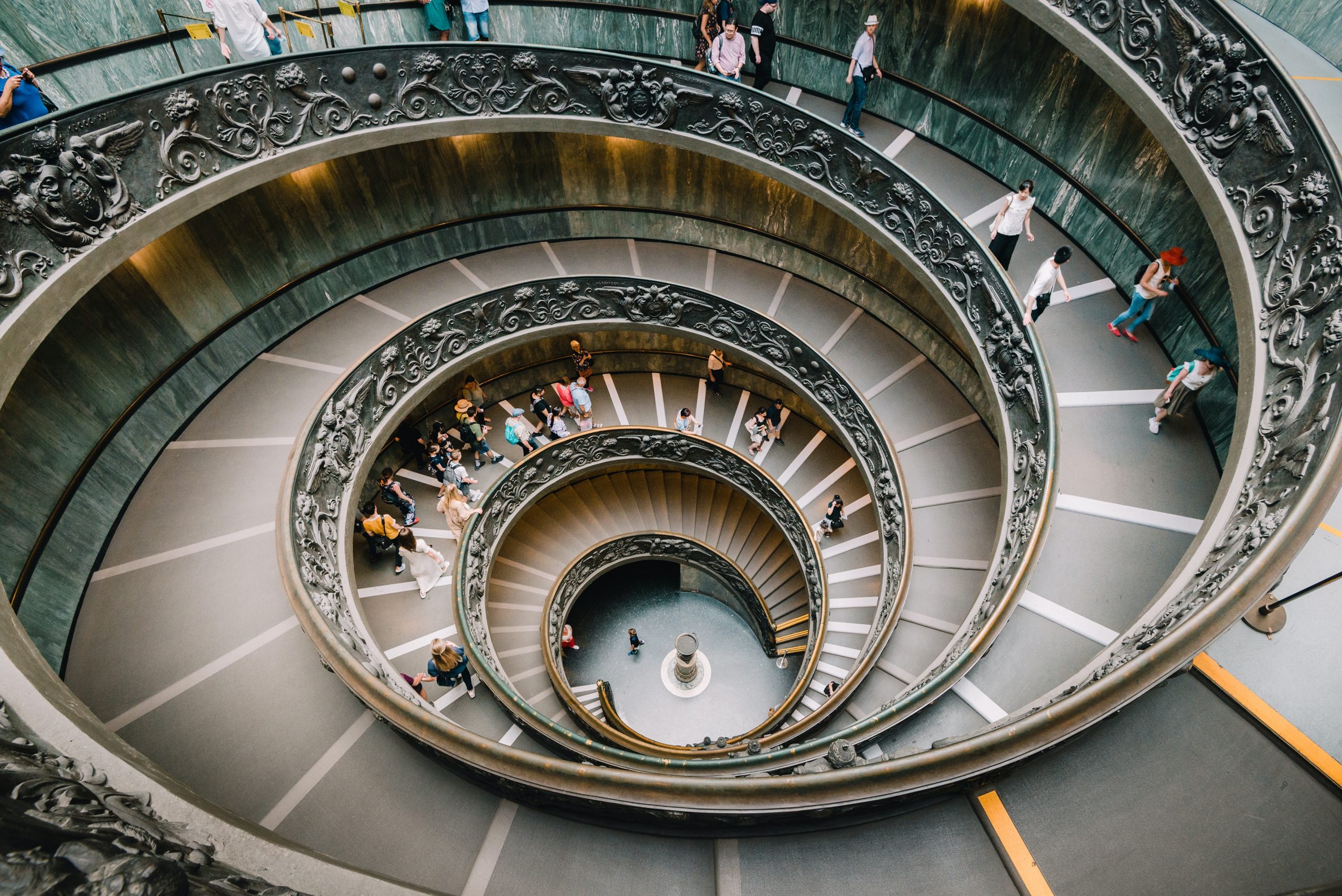
Grammar
Mater Dei Education emphasises the teaching of English and Irish grammar during the grammar stage so that these languages can be mastered. Sentence diagramming is an essential part of our curriculum as it trains the child to write simply and clearly.
Learn Irish History Chronologically
Mater Dei Education teaches children Irish history chronologically from the time of the arrival of the first people in Ireland to the Good Friday Agreement in 1998. We believe that by knowing our past imprinted by the faith and fortitude of our forefathers, students will be more equipped to face the future.
Spiral Method
Mater Dei Education uses a spiral method in English and Irish grammar as well as in mathematics. Key threshold concepts are constantly revised and reinforced by returning (spiraling) to them in a methodical way.
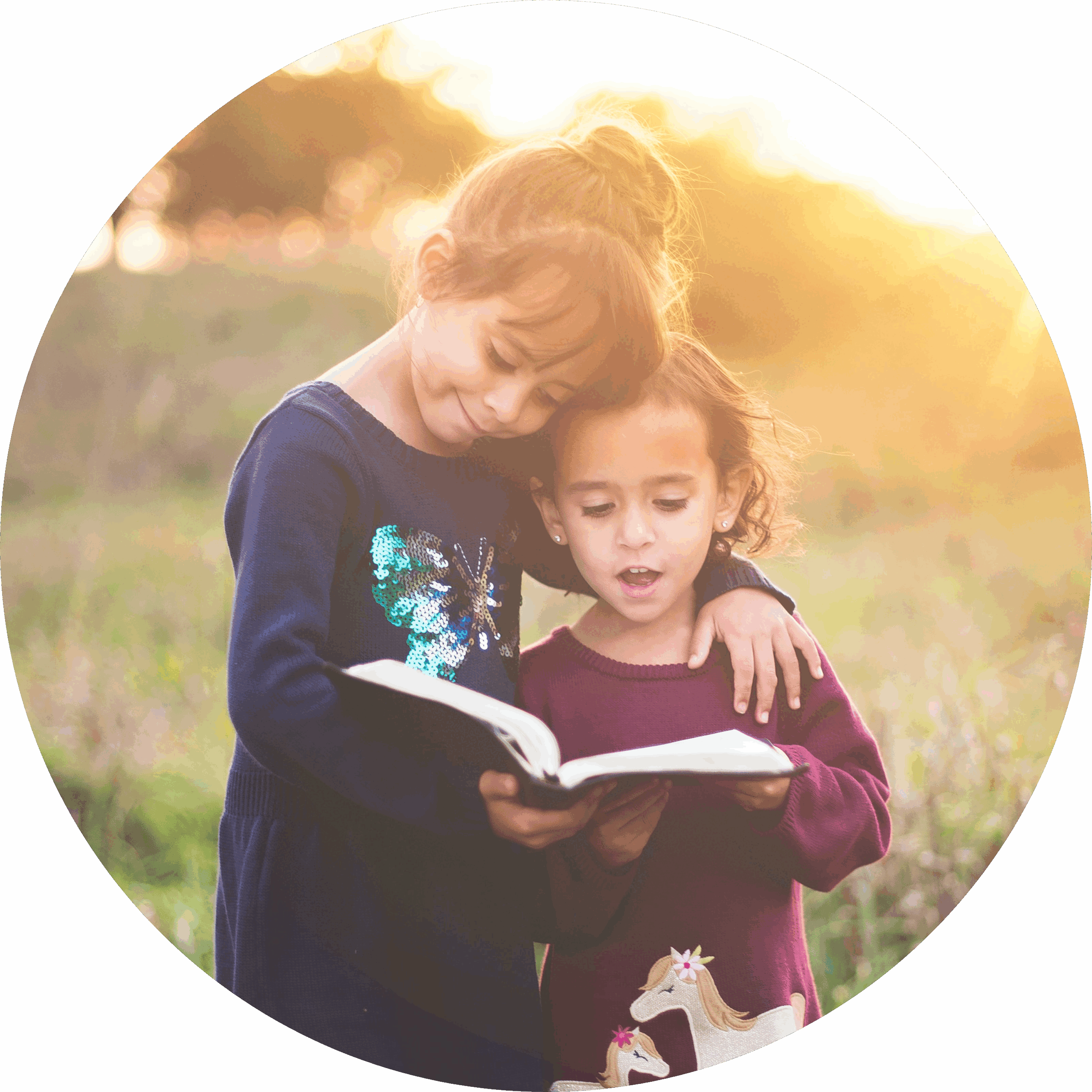
Living Books
The students discover the world, the past, and the lives of the saints through living stories. Learning is done naturally through reading. The children discover that all the subjects are interconnected.
Rigour
Mater Dei Education provides a rigourous curriculum and methodology, and an antedote to the mediocrity often encountered in the education system.
Joyful Relaxing Pace
The student progresses at a joyful relaxing steady pace, which fits his or her natural development. Only one to two hours per day, for four days a week, of homeschooling, should be necessary from Junior Infants to 2nd class. Typically two to three hours per day, over four days a week is needed from 3rd class to 6th class. Minimal parental involvement should be needed after Senior Infants.
Curriculum
Your children will benefit from a content-rich education at a joyful relaxing pace. By 6th class, the children will be well-rounded individuals who are ready to enter the Logic stage of formation.
Religion
Mater Dei Education’s religion curriculum is unique in the world of education and homeschooling. It is based on three aspects which are reviewed weekly: the catechism, the Word of God, and the lives of the Saints with an emphasis on the lives of the Irish Saints. It is a daily family curriculum that is shared by all the primary school members of the family.
Catechism
The truths of our faith are learned by heart to increase the child’s knowledge on his or her faith and to prepare them to answer the questions of non-believers.
The Word of God
Reading the Word of God is more than just reading an interesting story with a worthy moral. Reading the Word of God means having an encounter with the person of Jesus Christ. And the Word was made flesh and dwelt among us. (Jn 1: 14). The Word of God guides our steps towards heaven. Your word is a lamp to my feet and a light to my path (Ps 119). Scriptures talks of the Word of God as a two-edged sword. This means that on one side, it helps us understand our sinful nature and the need for God’s love and mercy, but the other side of the sword comes to heal us so that we may not despair in this journey towards heaven. The word of God is alive and active. Sharper than any double edged sword, it penetrates even to dividing soul and spirit, joints and marrow; it judges the thoughts and attitudes of the heart (He 4:12).
The lives of the Saints
Living liturgically is important for the growth of our faith. The lives of the Saints are read throughout the year and encourage us in the virtue of fortitude on our pilgrimage on Earth. Geography and history of the Church are mostly easily taught through the lives of the Saints.
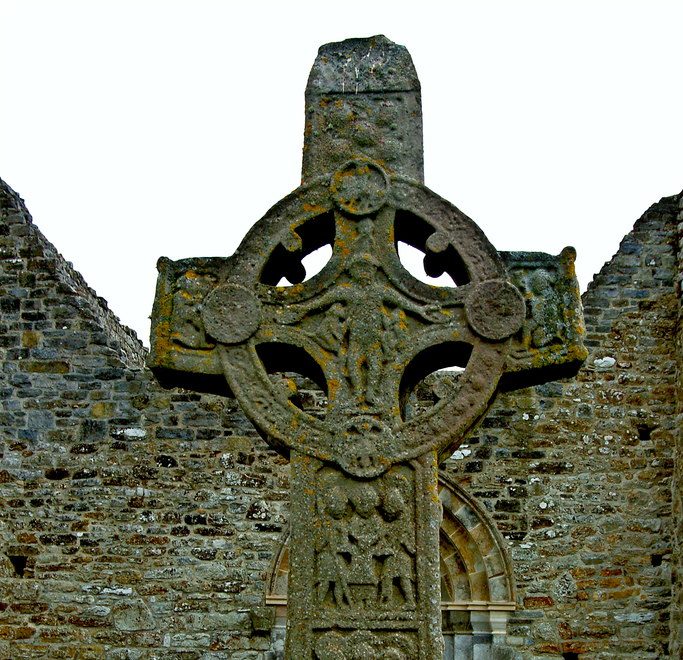
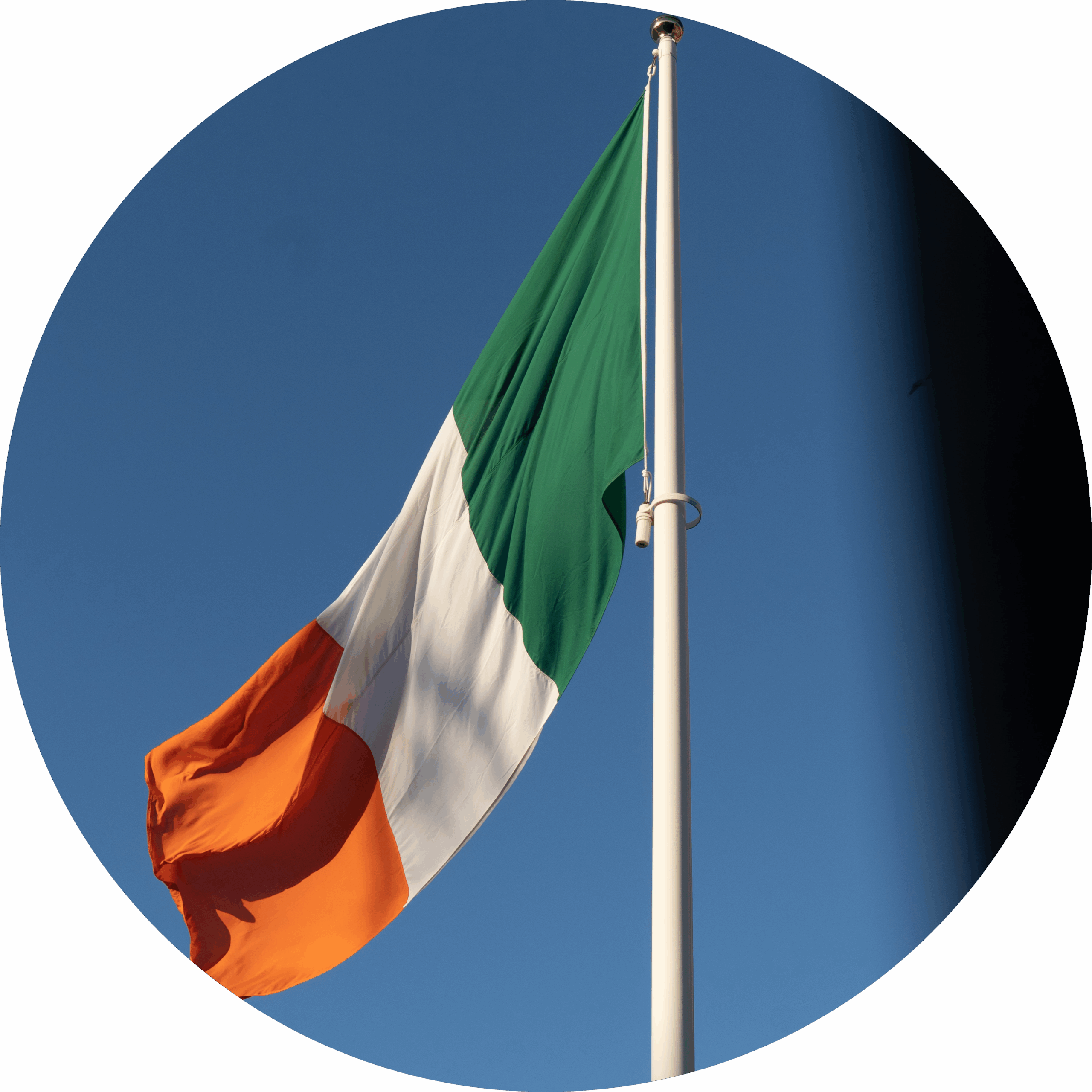
Irish
By the end of the sixth class, the child will be able to read well, speak well, and write well in Irish. Learning Irish has many advantages including capturing the essence of the Catholic Faith and defining our identity. Help is available to students whose parents may need additional support through our Mater Dei Irish Classes.
The recordings of all the readers, songs and vocabulary is available through our parent portal/App.
Writing well and speaking well Irish is only possible with good building blocks as explained in the diagram below:


English
Speaking and writing well English is an essential skill whether the child is called to be an engineer, a scientist, a nurse, a priest, or a writer. The building blocks of grammar and sentence diagramming, comprehension, vocabulary, spelling, and recitation prepare the child to write well and speak well. They are all essential. The result is only assured if all the building blocks have been carried out during the grammar stage. The teaching of English sentence diagramming informs Irish syntax and later, during the Logic stage, the syntax of Latin and modern European languages.

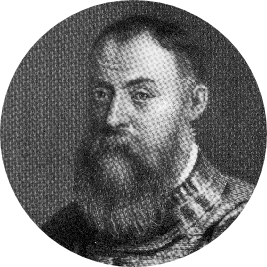
Mathematics
Mathematics is the language of God. It teaches logic which is the basis of the Logic stage of formation. Mathematics is also the basis of Sciences started in first year of the second-level programme. The Mater Dei Education mathematics programme follows a spiral method, which emphasises mental maths, the memorisation of maths facts, and encourages autonomous problem-solving.
History and Culture
From second class, the children are exposed to Irish culture by studying the Irish legends. Mater Dei Education teaches Irish history chronologically starting in third class. The texts show how our forefathers fought for their Faith and encourages our children in the virtue of fortitude.
History and the culture of other countries are taught through English comprehension starting in second class.

Geography
Mater Dei Education geography’s curriculum starts in third class by introducing simple ideas such as the water cycle and physical geography such as mountains, rivers etc. In fourth class, the children learn about the solar system, our planet, and time (days, seasons and years) . In fifth class, the children learn the names of the counties, cities, rivers and islands around our beautiful country. In sixth class, the children extend their understanding of geography to Europe and the rest of the world.
Geography and traditions of other countries are taught through English comprehension starting in second class.
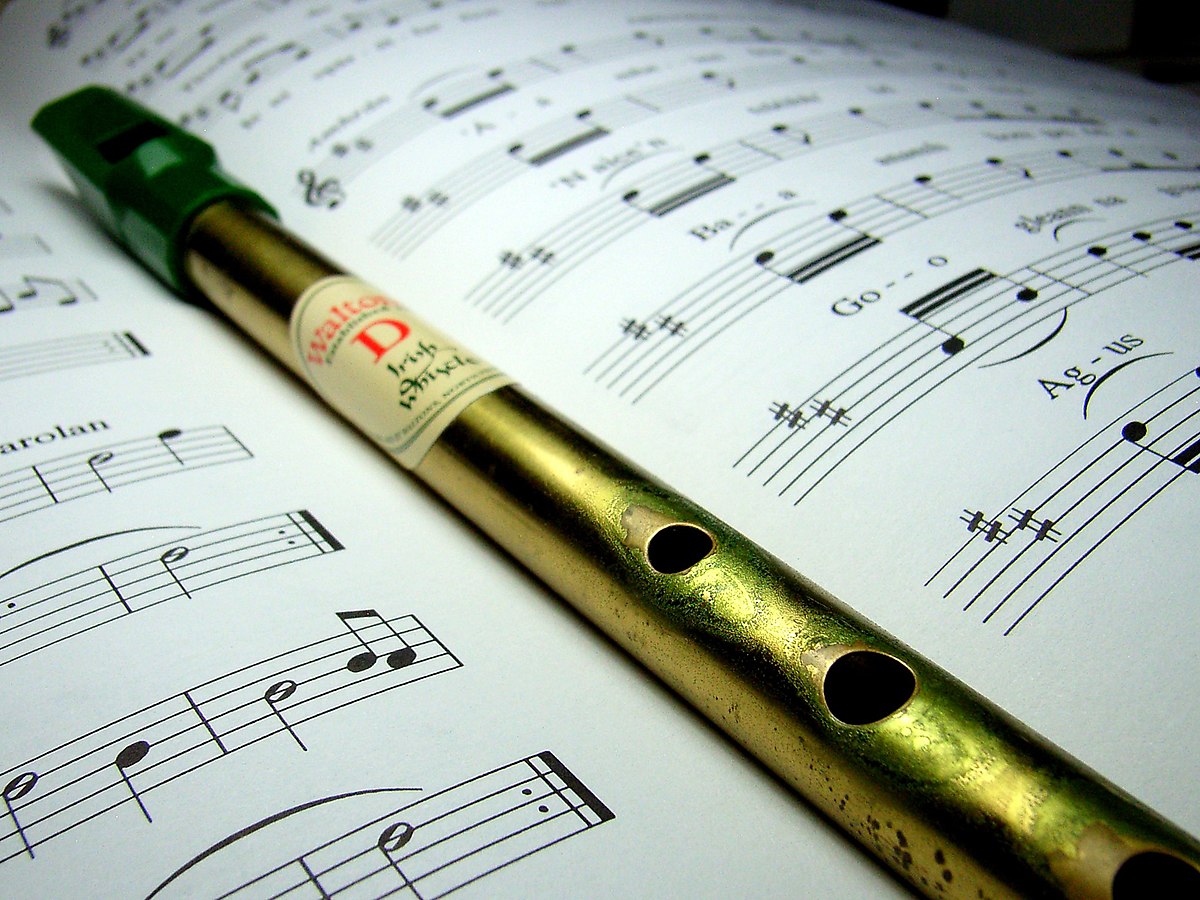
Music
Tin whistle and traditional Irish songs are part of the Mater Dei Education curriculum as music is an integral part of the Irish culture.
Art
The Mater Dei Education art curriculum follows the history programme. It covers art appreciation as well as the practice of art. Students learn to use watercolour paint, and clay.
Electronic detailed lesson plans are provided to all enrolled families. These lesson plans are a breath of fresh air for the busy homeschooling parent. They encourage autonomous work. All the work is laid out for 4 days a week, 32 weeks a year. They are available from Junior Infants to sixth class. Starting with first class, the child can work independently on his or her own while the mum or dad is looking after the younger children. They are also entirely flexible. The first part of the lesson plans explains how to teach your child using each book and are filled with pedagogical insights.
- 4 days a week daily lesson plans.
- Flexible
- Available on our App and our parent portal
- Personalised to suit the level of your child in every subject.
- Irish recordings on the App and parent portal
- Pedagogical insights

Our Moodle App
